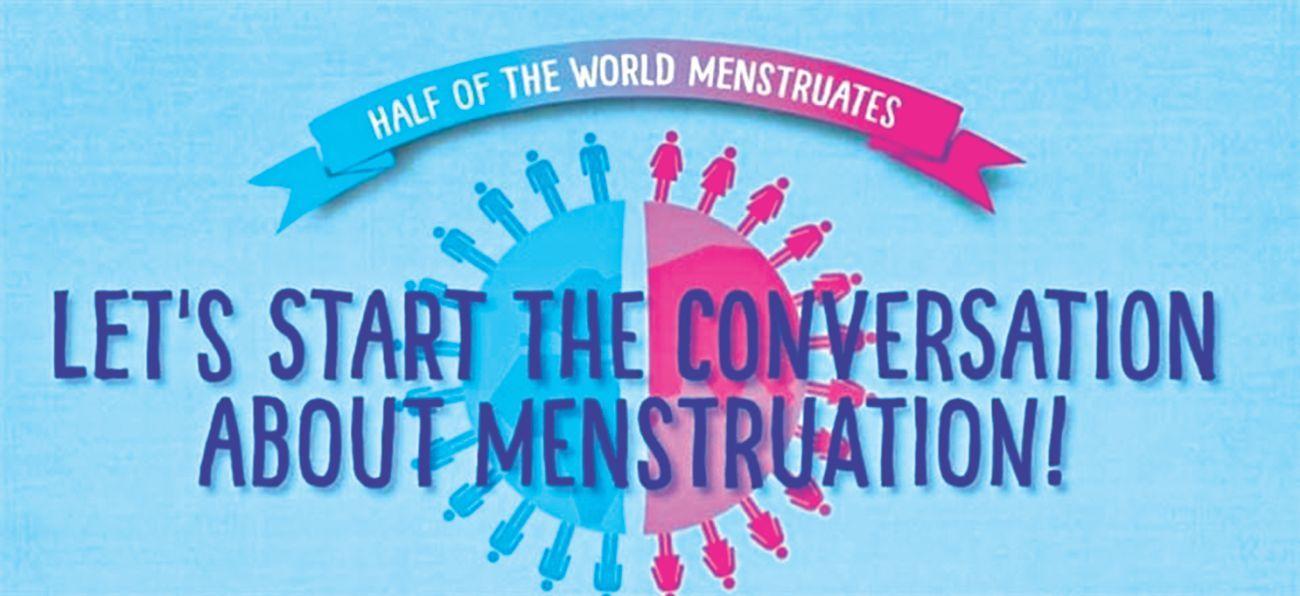Duty of State towards MHM
It is unfortunate that even today, menstruation becomes a barrier for many women and girls on their journey towards her career or education. According to the WHO-UNICEF Joint Monitoring System, Menstrual Hygiene Management is when- a person is able to use proper sanitary materials to absorb menstrual blood, change and dispose with privacy, and have access to clean water and soap to maintain cleanliness and hygiene.
Everybody does not have access and privilege to use sanitary pads. A lot of girls do not have proper information and knowledge about menstrual hygiene. Availability to clean water, soap and baskets in toilets of schools is also a huge concern. This is one of the many reasons why girls often miss their classes during periods.
Article 26 of the Universal Declaration of Human Rights (UDHR) dictates that everyone has the right to education. Article 19 (3) of the Constitution of Bangladesh obliges the State to ensure equal opportunities and participation for women in every sphere of national life. However, is the State willing to take responsibility when equal rights are hampered because of menstruation and menstruation-related problems? The Bangladeshi courts must realise that MHM is required in order to ensure equal participation from both the genders in work and education.
Source: The Daily Star

